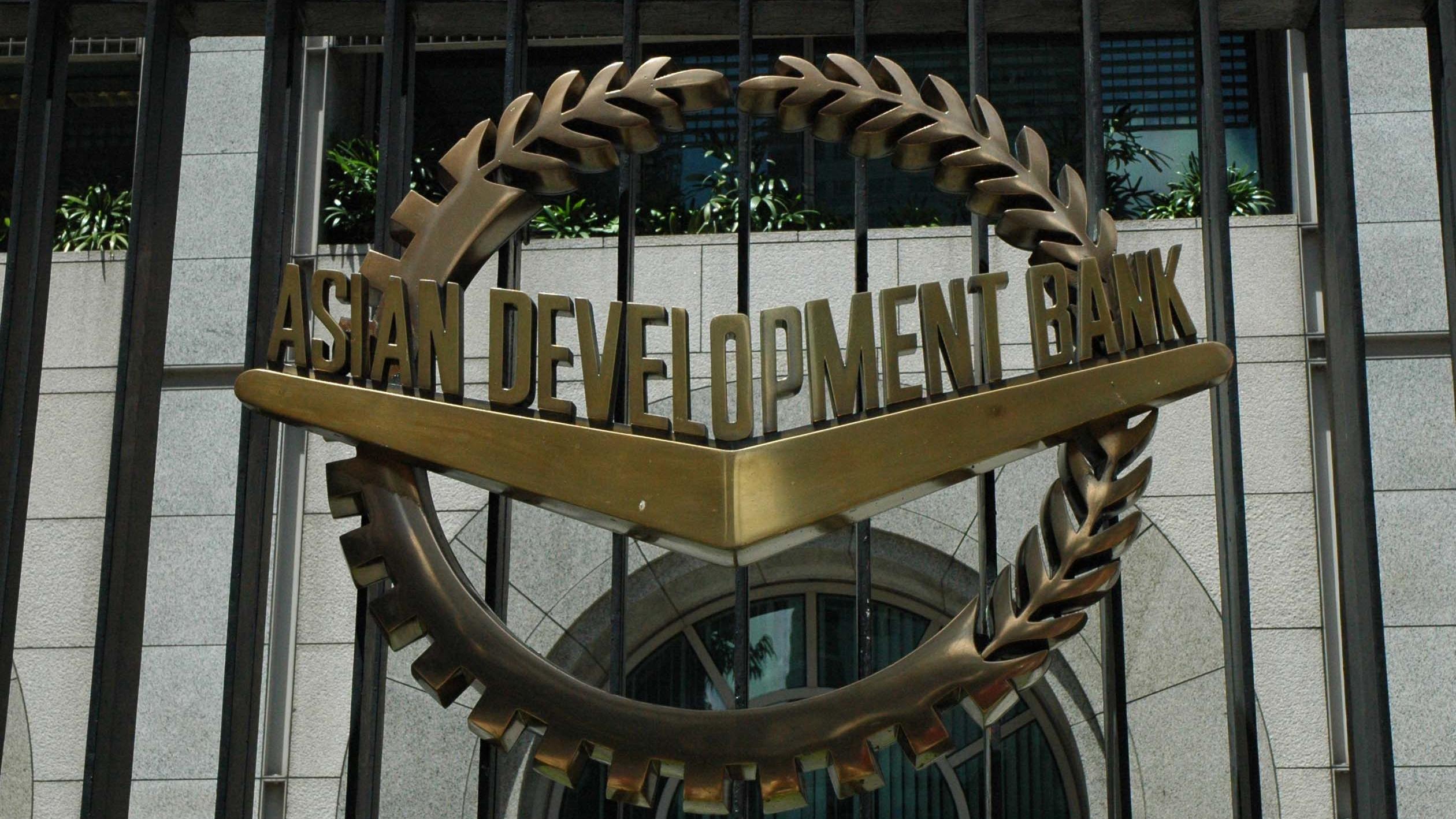 File photo taken on Sep 16, 2008 shows the logo of the Asian Development Bank at its headquarters in Manila, capital of the Philippines. (LIU HUA / XINHUA)
File photo taken on Sep 16, 2008 shows the logo of the Asian Development Bank at its headquarters in Manila, capital of the Philippines. (LIU HUA / XINHUA)
PHNOM PENH – The Asian Development Bank has approved $32.5 million in financing to Cambodia for improving access to quality health services in northwest Banteay Meanchey province, the Manila-based lender said in a statement on Thursday.
Investment in migrant-inclusive health systems will facilitate the resumption of safe migration that is critical to the subregion's post-COVID-19 recovery.
Asian Development Bank
The project will extend a concessional loan of $27 million and a grant of up to $5.5 million to the Cambodian government to build and equip health facilities in border areas, extend health care related financial protection to migrants, and strengthen systems for the integrated delivery of health services across borders, including introducing a portable electronic health record for migrants, the Asian Development Bank said.
Banteay Meanchey shares border with Thailand and the province serves as a hub for departing and returning migrants, and those seeking employment in the province's special economic zones.
The Cambodia Greater Mekong Subregion Border Areas Health Project will expand health care coverage for migrant workers who are increasingly neglected by health systems at home and abroad, and for the populations in border areas where migrants pass through and reside, the statement stated.
The project will extend a concessional loan of $27 million and a grant of up to $5.5 million to the Cambodian government to build and equip health facilities in border areas, extend health care related financial protection to migrants, and strengthen systems for the integrated delivery of health services across borders, including introducing a portable electronic health record for migrants, it added.
"Regional cooperation and integration across the Greater Mekong Subregion has fueled economic growth, but also the greater movement of people in search of better jobs and opportunities," said ADB senior social sector specialist Rikard Elfving.
"This has generated a unique set of mobility linked health challenges, especially for border areas linked to major economic corridors," he said.
ALSO READ: Pandemic has deep impact on migrant workers
Health systems in border areas are often inadequately equipped to respond to mobility linked health challenges, as illustrated during the COVID-19 pandemic when more than 260,000 Cambodian migrant workers returned home, the statement said.
The majority re-entered through land borders with Thailand, overwhelming the capacity of border area health systems for COVID-19 case detection, quarantine, and treatment, it added.
"Investment in migrant-inclusive health systems will facilitate the resumption of safe migration that is critical to the subregion's post-COVID-19 recovery," the statement said.


